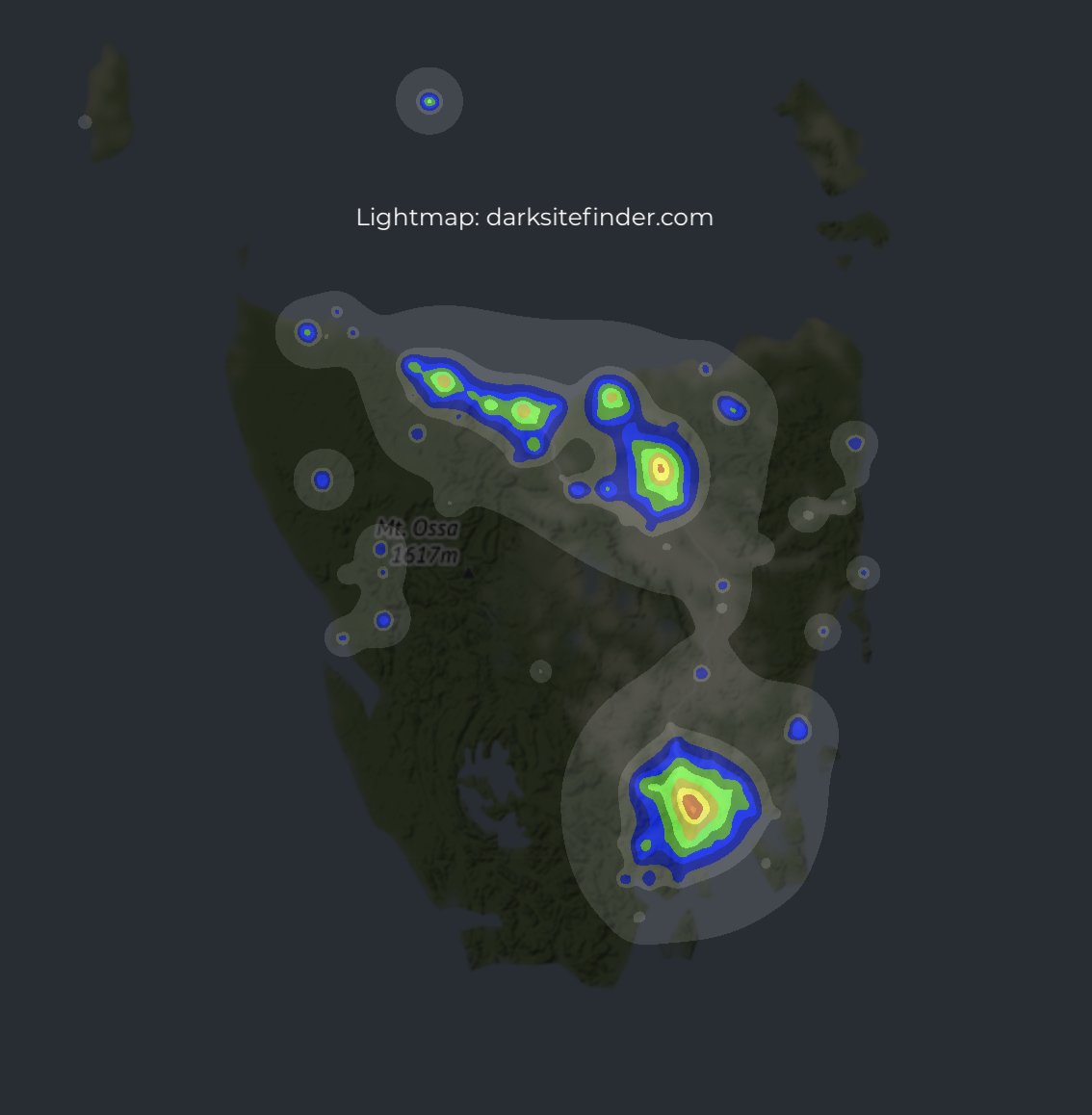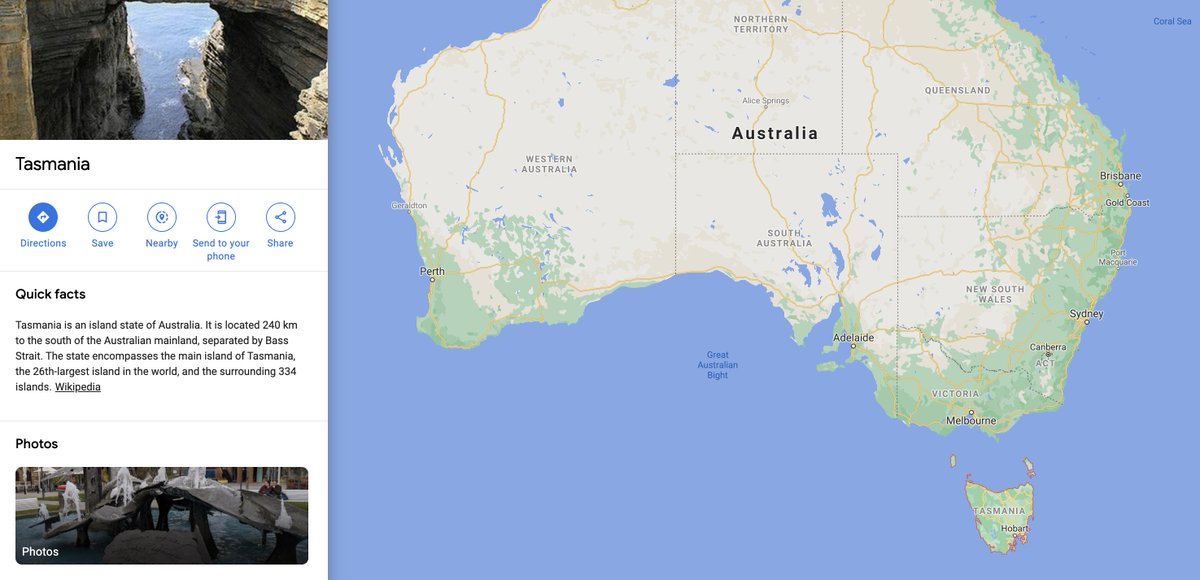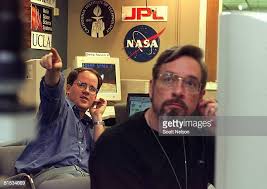
Grote Reber (the inventor of the radio telescope) moved to TAS in the 1950s + spent the rest of his life here, after recognising conditions ideal for his work.
A high Southern latitude, where the ionosphere tends to be thinner, w/ a distinct lack of terrestrial RF interference.
A high Southern latitude, where the ionosphere tends to be thinner, w/ a distinct lack of terrestrial RF interference.

.@UTAS_ operates a buncha telescopes in picturesque locations across the state, both radio + optical, but there is also a big independent/hobbyist community here.
Astrophotography 📸✨ is a hit here due to our lack of light pollution, and we also get the 🌌 Aurora Chasers 🌌

Astrophotography 📸✨ is a hit here due to our lack of light pollution, and we also get the 🌌 Aurora Chasers 🌌


📷 credit: @PhilKitt (who does some seriously great work in Tassie)
Sidenote: Mt Pleasant Observatory (pictured) will have its 35th birthday next week! 🥳
.@UTAS_ is understandably very proud of the Reber connection and so it comes up whenever the history of the institution or astro in TAS is mentioned 😆
125timeline.utas.edu.au/timeline/1950/…
125timeline.utas.edu.au/timeline/1950/…
• • •
Missing some Tweet in this thread? You can try to
force a refresh











